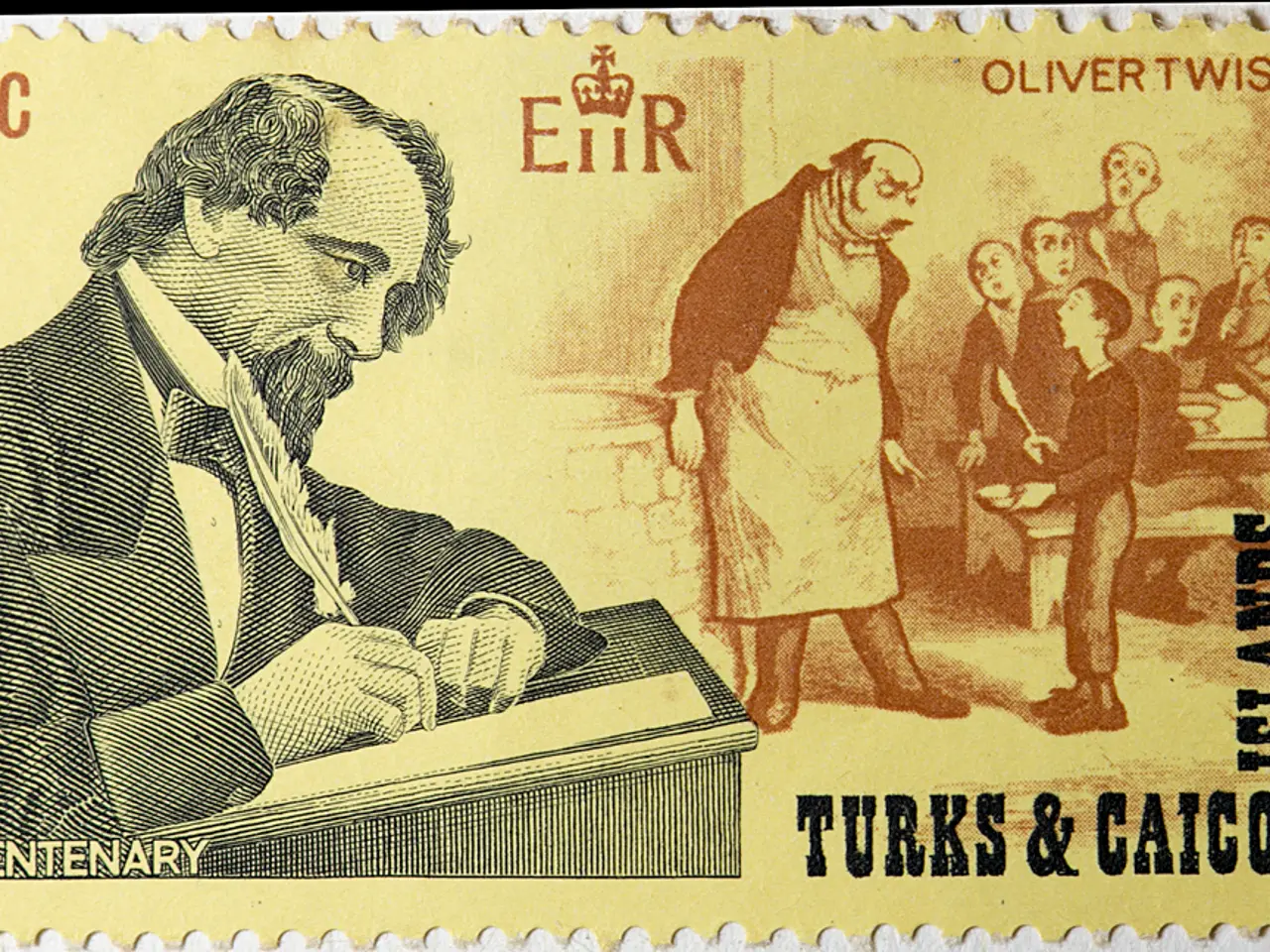Impact Assessment: Potential Damage of Trump's Tariff Policies on the U.S. Economy
The world economy could face significant changes following U.S. President Donald Trump's announcement of reciprocal tariffs against nearly all countries, potentially dismantling the Bretton Woods model established after World War II.
The Bretton Woods model, which envisaged an economic order in which the U.S. would act as the global lender, helping other nations in return for their acceptance of its suzerainty, has been a cornerstone of international economic cooperation since its inception. However, Trump's proposed tariffs, if implemented, could disrupt this framework, leading to a more fragmented, protectionist environment with weakened growth prospects.
Research indicates that Trump's tariff increases would slow U.S. growth over the coming decade while pushing inflation higher in the short term. This outcome worsens if trading partners retaliate with their own tariffs, which has already been happening. The global economy is projected to contract relative to a no-tariff scenario, and uncertainty generated by such sweeping tariff policies shakes investor confidence worldwide.
The reciprocal tariffs would also disrupt complex international supply chains, particularly harming countries that rely on export-oriented growth strategies. Developing nations, especially in Africa and Asia, could face severe setbacks as they encounter high tariff rates and reduced market access, potentially reversing development gains.
Moreover, the introduction of tariffs up to 50% on certain countries (e.g., China, Japan) has already triggered retaliatory measures, escalating trade conflicts. This tit-for-tat can push the global economy toward recession and reduce overall trade volume, harming industries like manufacturing and agriculture disproportionately in the U.S., contrary to stated goals of protecting these sectors.
In the absence of the U.S. in the global market, countries like China, Europe, Japan, Korea, and India could easily supplant American companies to meet global demand. The U.S., with barely five percent of the world's population, consumes 24 percent of global production, indicating a reliance on international trade.
India, in particular, could either enter into free trade with the U.S. or join a global alliance to supplant America in the world economy. To make the best of the current situation, India should reform its economic and administrative systems to facilitate growth and competitiveness.
It is important to note that the U.S. dollar is currently the de facto global currency, and other countries park US dollars in their central banks as a global reserve currency. However, the announced tariffs could lead to a shift in this dominance, with other currencies gaining prominence in international trade and finance.
The announcement of reciprocal tariffs has already caused uncertainty in global markets. For instance, the Sensex in India shed 1,390 points due to the uncertainty caused by Trump's tariff announcement. The capital flight generated by such uncertainty can deepen economic harm in the U.S. but may lower interest rates and stimulate investment elsewhere—except in countries closely tied to the U.S., like Mexico and Canada.
In conclusion, widespread reciprocal tariffs by the U.S. would likely lead to slower growth, higher inflation, significant disruption in global trade networks, increased economic uncertainty, and a retrenchment from the multilateral trade and monetary systems established since Bretton Woods. Developing countries would face acute challenges, and the global economy could move toward a more fragmented, protectionist environment with weakened growth prospects.
The proposed tariffs, if implemented, could disrupt the international trade and finance landscape, leading to a shift in currency dominance as other currencies gain prominence in international trade. This situation could have severe implications for developing countries, potentially reversing their development gains and causing significant challenges.
In the realm of policy-and-legislation, the global economic impact of these tariffs could reshape general-news headlines, with the focus shifting towards industry sectors affected by these protectionist measures, such as manufacturing and agriculture. Politics would also likely play a significant role in these debates, as nations navigate through the complexities of trade policies and potential retaliations.




